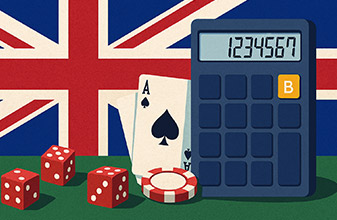Very difficult to say....
The early versions of CSMs were also more prone to breakdown so that may have had something to do with their replacement with a new generation. I understand that APs were also able to take advantage of the weaknesses in their design and this could have played a role. Do you think enough money is being taken by American APs from the current versions of CSMs for it to be the main factor in limiting their spread?
It is as you seem to be saying due to a cocktail of factors. I doubt it is down to one single thing.
I have beaten the King shuffler for small amounts of money. However, the method I used wasn't fantastically profitable. It would take a well-bankrolled team to burn out the machines using the same technique. Others are using shuffle-tracking methods to beat the csm's about which I know comparatively little. Persi Diaconis, who is highly regarded as a mathematical expert on card shuffling, postulated that a shuffle-tracker could have a 10% edge, a rather unbelievable claim, but he does have the pedigree. So, I would not completely rule out the notion that AP's may be exerting considerable pressure on these infernal contraptions.
There are also external techniques analagous to front-loading, which are very profitable when you can find the right circumstances. These techniques can also hit a casino's table games margin,
I agree with you that a cost-benefit approach is not being properly applied by casino management but I think that the reason the spread of CSMs in the US has been limited may be due to the mature gambling market. High rollers may be more set in their ways and more resistant to major changes in the game.
That is undoubtedly true, but casino owners seem generally aware of irritating their best customers, and reserve them for lower-stakes players who will put up with all kinds of crap.










